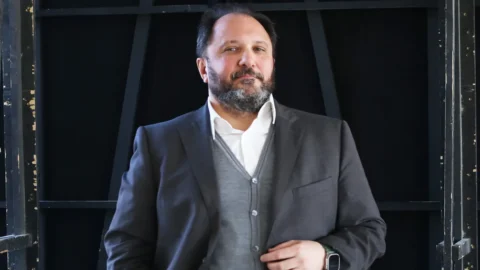"Let's get ready to go out with the No Deal on January 1st“. Boris Johnson ups the ante again and decides to play it all two and a half months from the end of the transition period after which Brexit will officially kick off and precisely on the day when, according to the same deadlines indicated by him, the EU and UK should have found a definitive agreement aimed at avoiding the worst case scenario.
And instead also iThe October EU Council closes without the parties having found a solution. Both London and Brussels have preferred to keep the point without conceding openings or compromises.
"The EU has shown that it no longer wants to negotiate, they have decided they do not want to grant us an agreement as they did with Canada, and I have to take my responsibilities for the future of the country" announced the British prime minister. “So, barring a radical change in the EU's approach to negotiations, we have decided: we go out without an agreement, we come out with the No Deal”.
Johnson forgets to mention that a no-deal divorce, especially on a commercial level, would hurt the UK as much as the European Union (if not more) especially at a time when continental economies are forced to deal with the economic crisis triggered by the pandemic of coronaviruses. A No deal, given the increasingly delicate situation, could represent the coup de grace both for London and for the countries of the European Union. But the tones on both sides are now increasingly harsh, in an attempt to "scare the opponent" to lead him to yield.
She intervened to try to calm things down Angela Merkel, according to which “After the negotiations with the United Kingdom there are lights and shadows, our will is to negotiate, but we don't want a deal at any cost”, said the chancellor. "If there is no agreement, we need to prepare for the other option, but we think an agreement is better."
However, the times to find an agreement are increasingly tight, also because in addition to the agreement at the European level, the ok of the parliaments of the individual member states will be needed.
However, the negotiations will continue next week, when, as indicated by the president of the EU Commission, Ursula von der Leyen EU negotiators will be in London to "intensify" talks to find a trade deal with the UK despite the threat of "no deal" wielded by Boris Johnson. “The EU continues to work towards an agreementbut not at any cost. As planned, our negotiating team will travel to London next week to step up these negotiations,” von Der Leyen tweeted.
What happens if an agreement is not reached? One of the most important nodes concerns the future commercial relations between the parties. In the event of a no deal, in fact, the United Kingdom and the European Union will be able to trade only on the basis of the WTO rules, which means that duties and customs will return. To avoid this, a plan B is already being thought of: that is, to sign emergency mini-agreements that regulate individual aspects such as air and road transport, preventing years of negotiations from ending in a total stalemate.
Among the most important chapters to solve is then the question of fishing: London does not intend to give free access to EU fishing vessels in its peach-rich waters, but French President Emmanuel Macron has decided to respond in kind: "If European fishermen do not have access to British waters, the United Kingdom will not have access to the market European energy", said Macron according to whom the cost of a failed agreement "would be higher for the British: access to markets must be reciprocal and I do not understand the British position which does not accept fishermen's access to national waters but wants the access of its 'traders' to the single market", added Macron noting that "we don't want to be permanently dumped in this or that sector, rules are needed to identify the non-compliance with regular alignment on social and environmental standards, subsidies to companies”.
Another fundamental issue concerns state aid: also in this case London wants to have a free hand, but the EU fears unfair competition.





